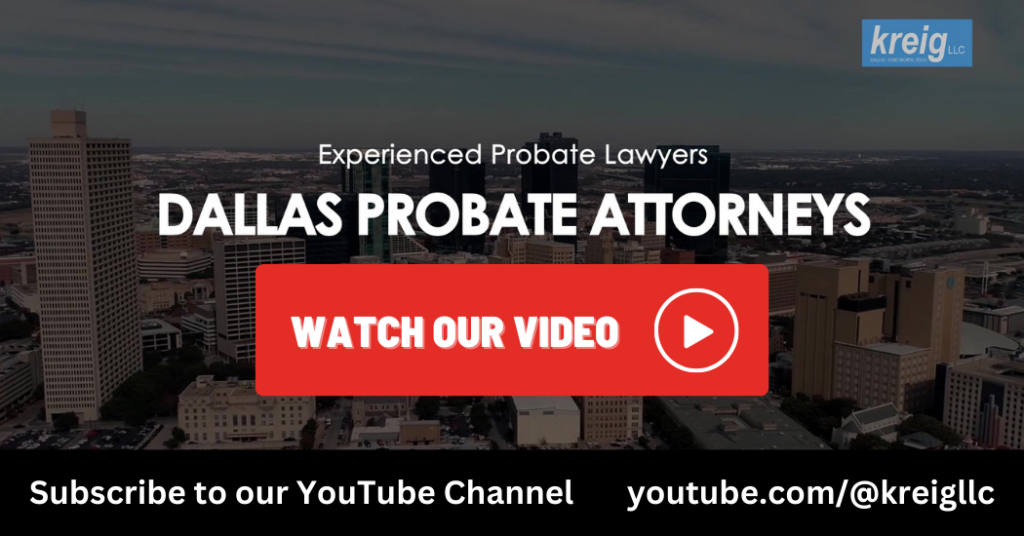Courts possess significant powers to impose sanctions on attorneys who improperly abuse legal processes. Various procedural rules and statutes grant courts discretion to levy monetary sanctions when attorneys engage in frivolous litigation tactics or misconduct. As the Brenners v. Green, No. 06-20-00044-CV (Tex. App. – Texarkana [6th Dist.] 2020) case exemplifies, determining appropriate sanctions requires carefully weighing considerations of proportionality, jurisdiction, abuse of discretion standards, and applicable ethical guidelines.
Facts & Procedural History
The facts of the case are fairly simple. The decedent executed a will that left her estate to her two children. The will left three-fourths of her estate to her son, appointing him as the independent executor, and one-fourth to her daughter. If incapacitated, the decedent’s share would be held in trust by the son.
After their mother died, the daughter sued the son in probate court, claiming undue influence and misappropriation of assets and sought three-fourths of the estate despite the will’s terms. Her allegations mirrored claims she unsuccessfully raised in an earlier probate proceeding. When the probate court denied admitting the will and ruled it a muniment of title only, the case was transferred to a district county court where she re-filed her claims. The son then sought sanctions against the daughter’s attorney for frivolous and harassing lawsuits.
Jurisdiction
Jurisdiction refers to a court’s authority and power to hear a case. For a court to act on a case, it must have subject matter jurisdiction over the issues and personal jurisdiction over the involved parties. If a court lacks jurisdiction, it does not have the legal ability to make rulings and must dismiss the case.
A key issue was whether the district court had jurisdiction to rehear claims after the probate court already ruled on them. The appeals court agreed the decedent’s daughter improperly tried to relitigate the claims in a court lacking jurisdiction. The appeals court explained that under the Texas Estates Code, only the probate court that originally heard the matter had jurisdiction over her challenges to the will. When she brought the same claims in district court after failing to appeal the probate rulings, she was once again attempting to get a decision made in a court that lacked authority to reconsider the probate court’s conclusive resolutions. By determining the district court did not have jurisdiction, the appeals court affirmed the primacy of probate courts in settling will contests under Texas law.
Sanctions
Sanctions are penalties or other punitive actions a court can impose for violating laws, rules of procedure, or ethical rules. They serve to punish prior misconduct and deter future bad acts. Monetary sanctions require paying a specific dollar amount, often in the form of opposing legal fees.
Courts can sanction attorneys under Texas Rule of Civil Procedure 13 and Chapter 10 of the Civil Practices and Remedies Code for acting in bad faith and filing frivolous pleadings. Sanctions require finding the lawsuit was groundless and brought in bad faith or to harass. The court examined that the daughter’s attorney had a repeated pattern of misconduct and was intent to harass her brother through repetitive, meritless litigation.
The appeals court agreed with the trial court that the attorney’s filing of duplicative lawsuits showed intent to annoy and abuse his client’s brother for improper purposes. The attorney continued pursuing groundless claims even after his client failed to appeal the adverse probate rulings. The appeals court cited this willful pursuit of unjustified litigation in multiple courts as direct evidence that sanctions were warranted to punish the attorney’s unacceptable behavior and deter future misconduct.
Abuse of Discretion
Abuse of discretion is a standard of appellate review that gives deference to the lower court’s decision. This means that the decision will stand unless it was completely unreasonable or made without reference to guiding rules or principles.
The appeals court reviewed the sanctions order for an abuse of discretion, meaning the trial court’s ruling would be upheld if reasonably based on guiding rules and principles, not arbitrary action. The appeals court found no abuse of discretion in sanctioning the attorney based on the evidence.
Given the attorney’s repeated filings that improperly attempted to circumvent the probate court’s exclusive jurisdiction, the appeals court found the trial court acted within its discretion to levy sanctions. The detailed evidence of the attorney’s harassing litigation tactics provided reasonable grounds for the trial court’s decision. With a sound basis in the law and facts, the trial court’s order imposing sanctions could not be considered arbitrary or unjustified.
Proportionality
Proportionality examines whether the level of imposed sanctions relates directly to and fits the gravity of the misconduct. Proportional sanctions are calibrated and measured responses to wrongdoing. Excessive sanctions are unconstitutional. In assessing sanctions, courts consider whether they are proportionate to the offensive conduct and no more severe than necessary.
In this case, the sanction directly corresponded to the fees the decedent’s son incurred defending against the improper lawsuits. Given the attorney’s history of harassment, the court found the sanction proportional and appropriate. The appeals court reasoned this sanction was calibrated to be sufficient to deter repetition of the harassing litigation tactics while not being an excessive punishment.
The Takeaway
Courts have wide-ranging powers to impose sanctions as a means of deterring attorney misconduct and frivolous litigation. However, exercising these sanctioning powers appropriately requires careful adherence to principles of proportionality, jurisdiction, and standards of appellate review. Courts sanctioning attorney misconduct must ensure the punishment fits the offense and does not overreach.
By weighing these considerations with wisdom and restraint, courts can utilize their sanctioning authority to preserve fairness and legitimacy without overstepping the bounds. Thoughtful application of sanctions serves the ends of justice while affirming courts’ inherent powers to police abuses of the legal system.
Our Dallas Probate Attorneys provide a full range of probate services to our clients, including helping with holographic wills. Probate is what we do. Affordable rates, fixed fees, and payment plans are available. We provide step-by-step instructions, guidance, checklists, and more for completing the probate process.We have years of combined experience we can use to support and guide you with probate and estate matters. Call us today for a FREE attorney consultation.
Disclaimer: The content of this website is for informational purposes only and should not be construed as legal advice. The information presented may not apply to your situation and should not be acted upon without consulting a qualified probate attorney. We encourage you to seek the advice of a competent attorney with any legal questions you may have.
Don't miss out, get a copy today!












